Review: Sharvari Wagh and Abhishek Banerjee are the wonders that make 'Vedaa' work
"Vedaa" is a film with its heart in the right place, tackling a critical social issue with passion and intensity. The powerful performances, particularly by Sharvari Wagh and Abhishek Banerjee needs to be looked out for.
Published: Wednesday,Aug 14, 2024 21:30 PM GMT-06:00
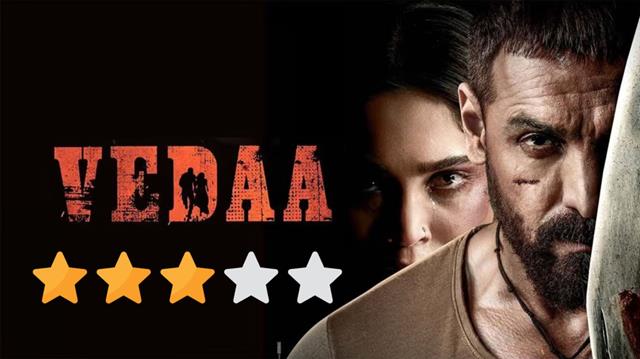
"Vedaa," directed by Nikkhil Advani, is an ambitious film that intertwines social commentary on caste oppression with high-octane action sequences. The movie, set in the rugged landscapes of Barmer, Rajasthan, shines a spotlight on the still-prevalent caste discrimination faced by the Dalit community, exploring their fight for justice.
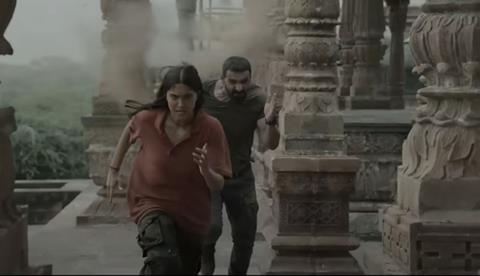
The story of "Vedaa" revolves around Vedaa (played by Sharvari Wagh), a young woman from the Dalit community, and her family, who endure relentless discrimination and violence from the upper castes in their village. The first half of the film poignantly captures the harsh realities of caste-based oppression, depicting Vedaa's life of constant fear and marginalization. It serves as a stark reminder of how deeply entrenched these social divides remain, even decades after India’s independence.
Enter Abhimanyu (John Abraham), a former soldier turned assistant boxing coach at Vedaa's college. Disgraced and court-martialed, Abhimanyu finds a new purpose in life when he witnesses the injustices inflicted upon Vedaa and her family. Driven by anger and a desire for justice, he not only takes Vedaa under his wing, training her in the art of boxing but also stands as her protector against a brutal society. Together, they wage a battle not just in the ring but against the very fabric of a caste-ridden society.
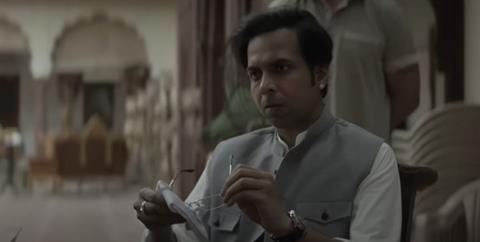
The soul of "Vedaa" is Sharvari Wagh, who delivers a performance that is both fierce and emotionally resonant. She embodies Vedaa with a raw intensity that makes her struggle deeply personal and relatable. Her portrayal of a young woman fighting against systemic oppression is both powerful and poignant, making her the undisputed emotional core of the film. Sharvari’s ability to transition seamlessly between vulnerability and strength adds depth to her character, making Vedaa someone the audience can't help but root for.
John Abraham, known for his action-packed roles, brings his trademark physicality to the role of Abhimanyu. While his character is somewhat one-dimensional, Abraham's execution of the action sequences is flawless. However, the lack of emotional depth in his character design limits the scope of his performance, preventing him from fully engaging the audience on a deeper level.
Abhishek Banerjee, playing the antagonist Jitender Pratap Singh, is a revelation. Departing from his usual comic roles, Banerjee embodies the menacing villain with chilling subtlety. His portrayal of a powerful upper-caste man, steeped in privilege and cruelty, is both unsettling and compelling, adding a layer of authenticity to the film's portrayal of social hierarchies.
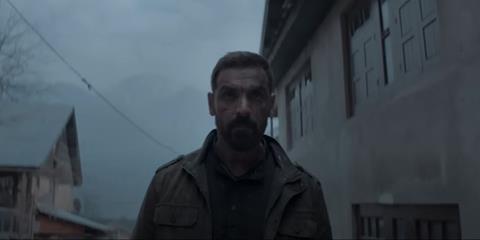
Nikkhil Advani, known for blending social themes with mainstream entertainment, brings a unique directorial vision to "Vedaa." In the first half, he succeeds in creating a narrative that is both engaging and thought-provoking. The Rajasthani hinterlands are beautifully captured by Malay Prakash's cinematography, which, combined with Manoj Sikka’s sound design, immerses the viewer in the stark, unforgiving environment of Barmer.
However, the film’s pacing becomes a significant drawback as it progresses. The initial narrative momentum is lost as the story gets bogged down in an overabundance of action scenes and melodrama in the second half. The screenplay, which starts with a sharp focus on caste discrimination, gradually shifts towards a more conventional action-drama, diluting the impact of its social commentary.
Moreover, the inclusion of certain songs, especially the Holi song and an item number featuring Mouni Roy, feels out of place and disrupts the narrative flow. These musical interludes do little to enhance the story and instead serve as unnecessary distractions that could have been omitted to maintain the film’s intensity and focus.
Verdict
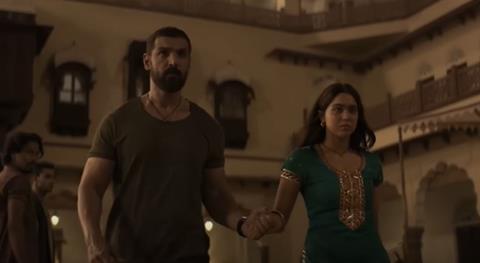
"Vedaa" is a film with its heart in the right place, tackling a critical social issue with passion and intensity. The powerful performances, particularly by Sharvari Wagh and Abhishek Banerjee, along with the film’s strong first half, make it a compelling watch. However, its overreliance on action and a meandering second half prevent it from reaching its full potential.
Rating
***(3/5) stars
Your reaction
 Nice
Nice Awesome
Awesome Loved
Loved LOL
LOL OMG
OMG Cry
Cry Fail
Fail



















Comments (3)
b1287555
@b1287555
This content is hidden.
2 months ago
Good content will surely be appreciated.
3 months ago
Nice to see Sharvari getting good reviews
3 months ago